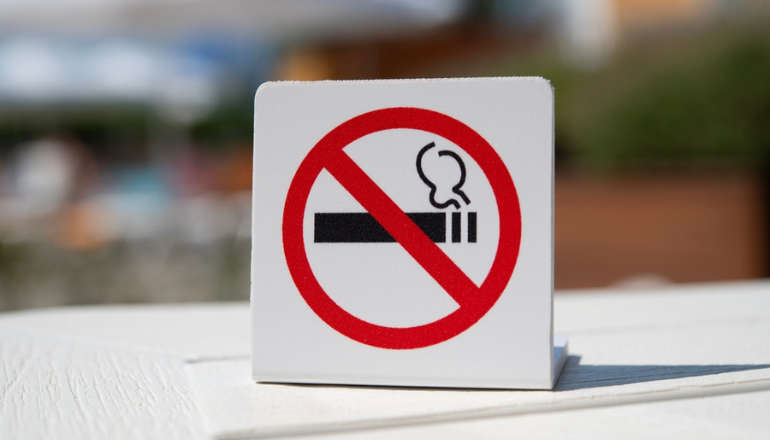
Councillors will be asked to endorse an anti-smoking plan on Thursday as the habit continues to be the Island’s most preventable cause of premature death.
County Hall’s Health and Wellbeing Board will be updated on the Smokefree Generation Programme – a strategy to tackle what the council has termed a ‘preventable addiction’ and ‘main driver’ of the Isle of Wight’s health inequalities.
Successful smoking policies can lower smoking rates among the public by stopping people from taking up the habit and helping existing smokers to give it up, according to a report due to be presented on Thursday.
“Smoking is no longer considered a lifestyle choice but a preventable addiction, often starting in youth, that requires treatment,” the document states.
“In 2023, it was estimated that 10.1 per cent of the adult residents on the Isle of Wight smoked, with differences in smoking rates by socio-demographic groups, for example rates being higher in routine and manual workers (19.9) per cent and residents with long term mental health conditions (25.5) per cent.
“Considering factors like productivity, fire hazards, health, and social care, smoking could cost the Isle of Wight public services £46.7 million and is responsible for more than 600 smoking attributed deaths between 2017 and 2019.”
The council’s Public Health Team administers the Smokefree Generation Programme which has four main areas of focus for next year.
The first, ‘building capacity’, involves expanding County Hall’s commissioned stop smoking service which currently helps over 500 people ditch the habit each year.
‘Collaborative working’ includes a multi-agency Isle of Wight Tobacco Control Sub-Group tasked with the prevention of smoking and vaping and the treatment of tobacco addiction.
The body’s work is directed by the Isle of Wight Public Health Strategy, a plan to improve the health and wellbeing of Island residents.
Another element of collaborative working is helping schools and colleges offer teachers, carers and parents with resources relating to smoking and vaping.
‘Building demand’ consists of all year round marketing and communication campaigns which are targeted at groups more at risk such as young people and pregnant women.
The last plank of the scheme, ‘evaluation’, means working with a university to assess the effect of the Smokefree Generation Programme on the level of smoking across the Island, methods of working with partners and cost-effectiveness.

 Investigation Underway After Cowes Van Hit And Run Leaves 13 Year-Old Injured
Investigation Underway After Cowes Van Hit And Run Leaves 13 Year-Old Injured
 Island Wastewater Upgrades Set For Christmas Finish
Island Wastewater Upgrades Set For Christmas Finish
 Harbour Dredging Operations Could Continue By Island Village
Harbour Dredging Operations Could Continue By Island Village
 New Home For Citizens Advice Isle Of Wight
New Home For Citizens Advice Isle Of Wight
 Appeal Filed Over Contentious Island Seaside Town Redevelopment Bid
Appeal Filed Over Contentious Island Seaside Town Redevelopment Bid
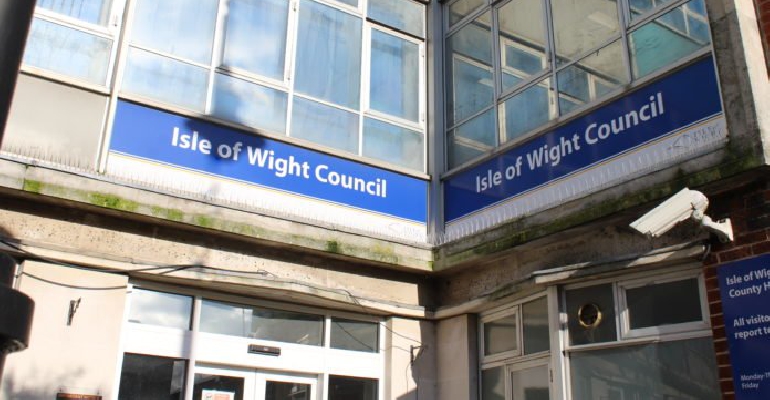 Controversial Freshwater And Newport Housing Proposals To Be Decided This Week
Controversial Freshwater And Newport Housing Proposals To Be Decided This Week
 Line-Up Announced For 2025 Isle Of Wight Story Festival
Line-Up Announced For 2025 Isle Of Wight Story Festival
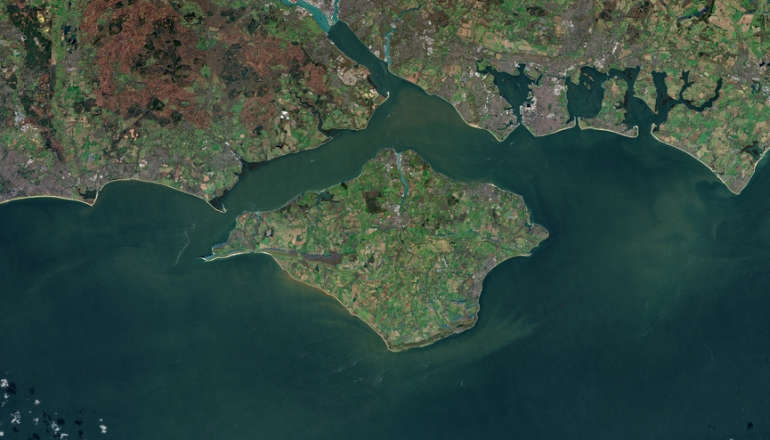 Have Your Say On How Isle Of Wight Council Should Spend Its Money
Have Your Say On How Isle Of Wight Council Should Spend Its Money
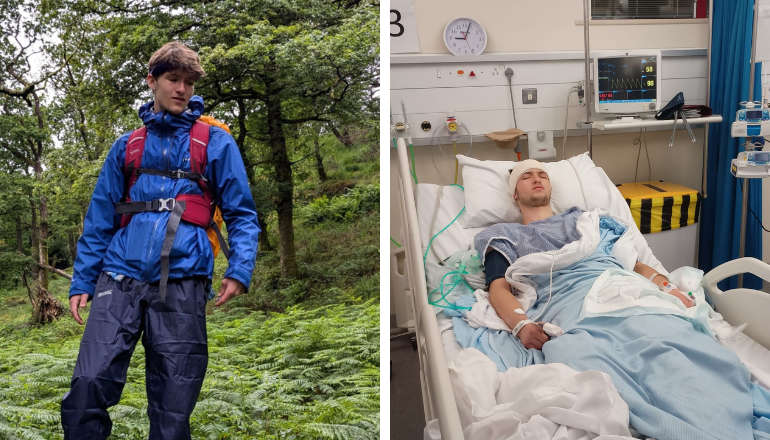 Island Family Launches Appeal For Teenage Son With Brain Tumour
Island Family Launches Appeal For Teenage Son With Brain Tumour
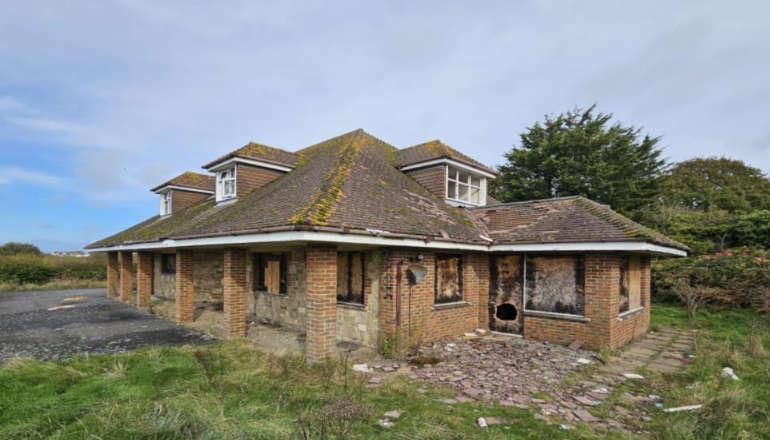 Ryde Farmhouse Set For Demolition Despite Local Protestor
Ryde Farmhouse Set For Demolition Despite Local Protestor
 CCTV Image Released After Handbag Is Stolen From Isle Of Wight Bus
CCTV Image Released After Handbag Is Stolen From Isle Of Wight Bus
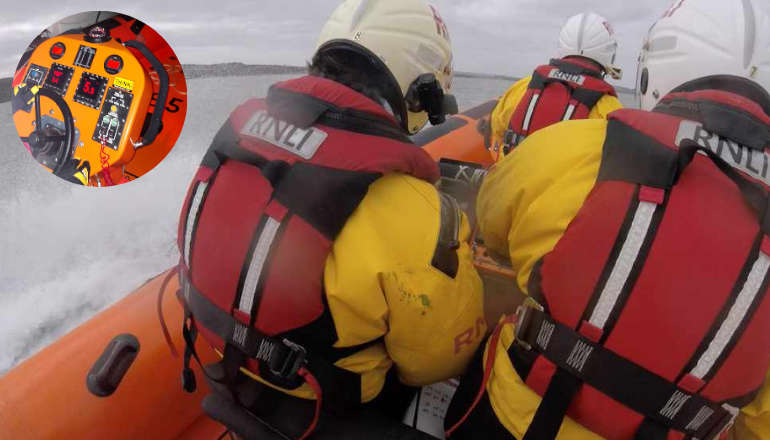 Fishing Trio All At Sea As Cowes RNLI Called Out
Fishing Trio All At Sea As Cowes RNLI Called Out
 Interview With Wightlink CEO Katy Taylor
Interview With Wightlink CEO Katy Taylor
 Godshill Primary Campaigners And Council Express Relief After Closure U-Turn
Godshill Primary Campaigners And Council Express Relief After Closure U-Turn
 Godshill Primary To Remain Open But Closure Notices Issued For Five Other Island Primary Schools
Godshill Primary To Remain Open But Closure Notices Issued For Five Other Island Primary Schools
 We 'Shal' Not Be Moved: Shalfleet Councillors Release Statement Over Recent Walkouts
We 'Shal' Not Be Moved: Shalfleet Councillors Release Statement Over Recent Walkouts
 Former Isle Of Wight Police Who Died On Duty Honoured By King
Former Isle Of Wight Police Who Died On Duty Honoured By King
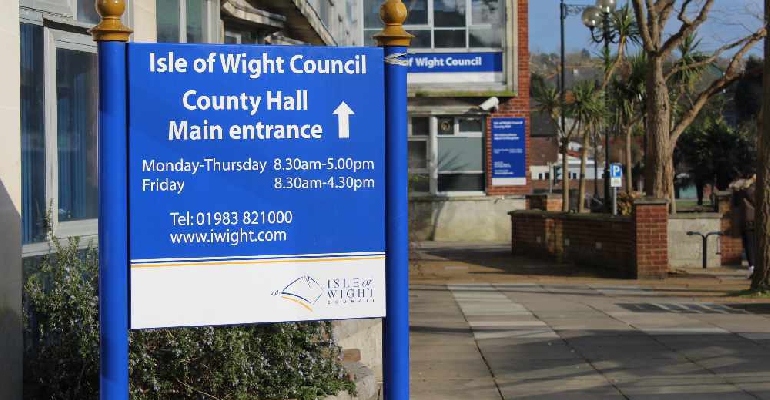 Councillor Slams School Place Planning Process 'Basic Flaws'
Councillor Slams School Place Planning Process 'Basic Flaws'
 School Closures Decision Provisionally Agreed Following Late Night Council Meeting
School Closures Decision Provisionally Agreed Following Late Night Council Meeting


